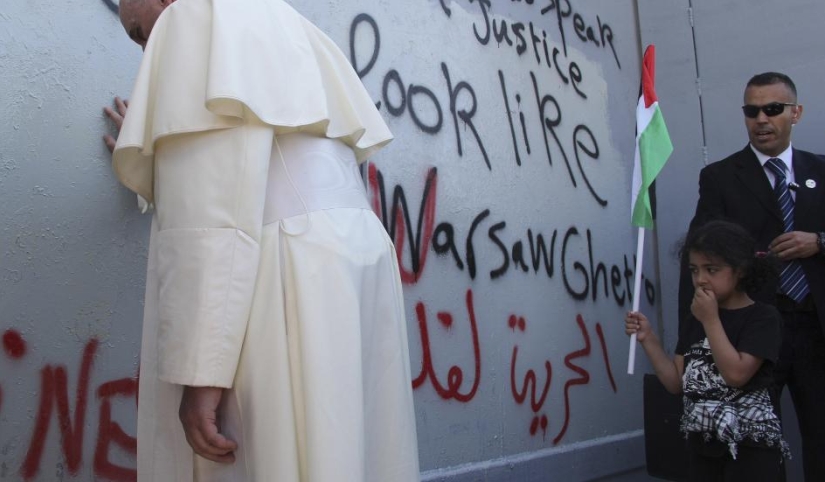
The conflict between Israel and Palestine has been ongoing for over half a century now, despite several attempts to strike a peace deal between the two parties. Over 21,000 people have reportedly been affected by the conflicts, some losing their homes, limbs, and ultimately, their lives.
Despite all the pain, suffering and destruction that have been brought by the Israel-Palestine conflict, the Vatican's permanent representative to the United Nations is still optimistic that peace is possible between the two parties.
Archbishop Ivan Jurkovič, Vatican's Permanent Observer to the UN, recently offered an intervention at the United Nations International Conference in Support of Israeli-Palestinian Peace.
"The Holy See believes that the peace process between Israelis and Palestinians can move forward only if it is directly negotiated between the Parties," Archbishop Jurkovič said, as quoted by Vatican Radio.
The Roman Catholic Church official also re-affirmed the Holy See's support for a "two-state solution," citing affirmations of Benedict XVI and Pope Francis. He nevertheless maintained that "the whole peace process does not depend solely on formal negotiations, no matter how indispensable these are."
"Peace cannot be achieved if healing and reconciliation, mutual recognition and respect at the personal and communitarian levels do not accompany political solutions," Archbishop Jurkovič said.
The Vatican representative to the UN also emphasised that both Israel and Palestine should try to heal the wounds of division to move the peace process forward.
"They must put an end to mutual hatred that is lending credence to a 'clash of civilizations'," he said.
Archbishop Jurkovič further said that the Holy See "reiterates its appeal to all religious leaders to denounce and reject every spurious form and perversion of religion to foment violence, and to hold on to the conviction that peace is not only possible and desirable, but is our common call and duty."









